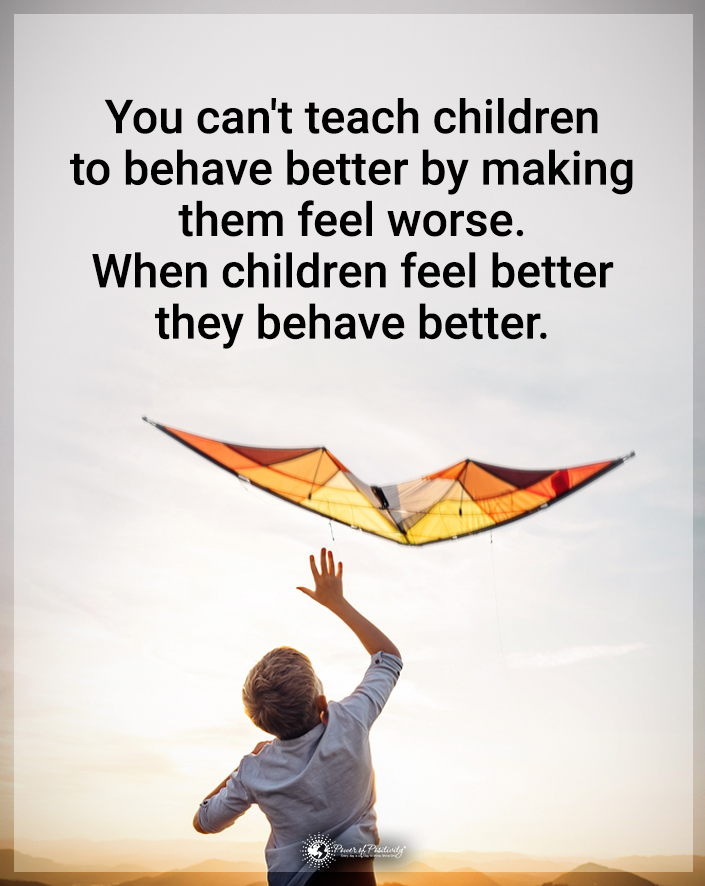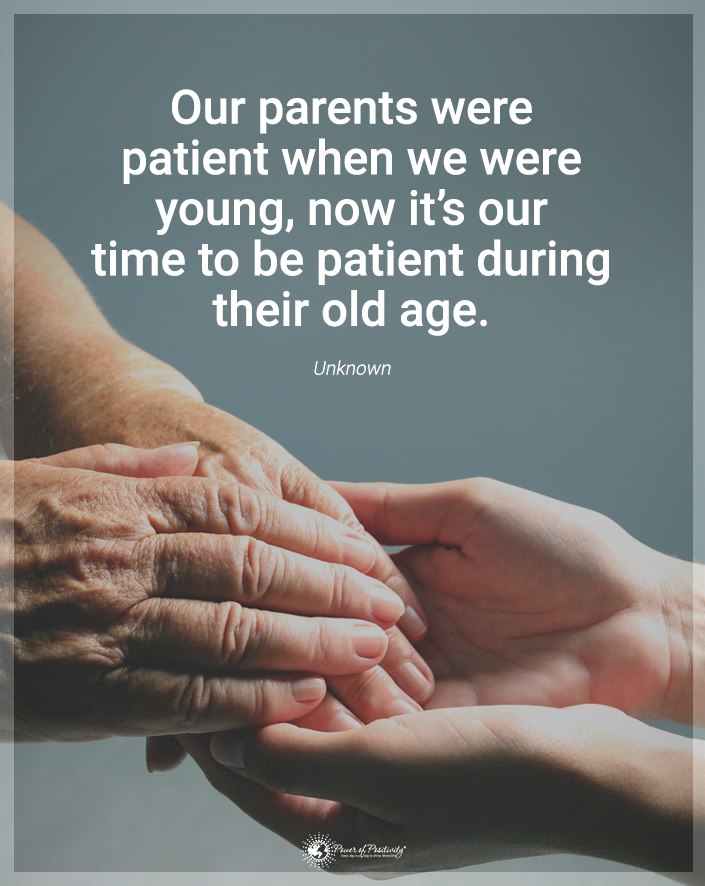Parenting can feel like juggling, right? There’s love, discipline, patience—and a thousand little moments that shape your child’s future. But what if there was a way to make it simpler and more joyful?
Positive parenting isn’t just a buzzword; it’s a path toward raising happy, resilient children—and it begins with the little things you do every day.
No matter if you’re navigating toddler tantrums, encouraging positive habits in school-aged kids, or finding ways to stay connected with your teenager, this guide has you covered.
From creating family traditions to modeling healthy communication, these tips will empower you to foster stronger connections and nurture your child’s emotional well-being.
So, let’s get started—because happy kids begin with positive parenting. And the best part? You don’t have to be perfect—just present.
” Let parents bequeath to their children not riches, but the spirit of reverence.” 🌱
– Plato
Age-Specific Positive Parenting Tips
- 🍼 Infants (0-1 year): Nurture Trust and Respond to Cues:
At this early stage, consistent care builds a foundation of trust. Responding promptly to a baby’s cries, engaging in eye contact, and using soothing tones are essential to their emotional development. - 🧸 Toddlers (1-3 years): Encourage boundaries and exploration:
Toddlers are discovering autonomy, which makes it essential to balance freedom with structure. Parents can support exploration by providing safe environments while also setting clear, consistent limits. - Preschoolers (3-5 years): Foster social skills and emotional learning through play:
As children become more social, play becomes a powerful tool for teaching cooperation, patience, and empathy. Parents can model good behavior by playing alongside children and encouraging polite communication, such as saying “please” and “thank you.” - 🚶♂️ Middle Childhood (6-11 years): Promote responsibility and problem-solving:
This is a critical phase for developing independence and problem-solving skills. Children benefit from opportunities to take on household responsibilities, such as chores, and participate in group activities, such as sports or community events. - 🧑⚖️ Teens (12-17 years): Build trust, support emotional growth, and discuss values:
During adolescence, teenagers experience emotional and physical changes, making parental support crucial. Parents should prioritize trust and honest conversations, discussing values and addressing challenges like peer pressure and stress. Encouraging teens to set personal goals and participate in decision-making fosters autonomy while maintaining a sense of parental guidance.
20 Positive Parenting Tips
1. Give Positive Attention
Giving children undivided attention fosters emotional security and strengthens the parent-child bond. Simple actions like active listening, making eye contact, and participating in your child’s favorite activities show them they matter. This intentional focus helps children feel valued and boosts their confidence.
- Turn off distractions like phones during one-on-one time
- Make eye contact to show you’re fully engaged
- Ask questions about their thoughts and feelings
- Participate in their favorite activities regularly
2. Encourage Positive Communication
Effective two-way communication is essential in positive parenting. Use open-ended questions and active listening techniques to create meaningful dialogue.
Encourage children to express their thoughts and emotions and model empathetic responses. This approach helps them develop emotional intelligence and problem-solving skills.
3. Build Family Traditions
Family traditions provide children with a sense of identity and belonging. Whether it’s a weekly movie night or special holiday rituals, these shared experiences strengthen familial bonds.
They also create lasting memories that contribute to a child’s emotional well-being and stability.
4. Show Love Through Daily Actions
Small, consistent actions speak louder than words in demonstrating love. Hugs, encouraging notes, or simply sitting together without distractions convey support.
These gestures help children feel secure, even during challenging times, and foster emotional resilience.
- Offer hugs and physical affection daily
- Leave encouraging notes where they’ll find them
- Spend time together, even in quiet, undistracted moments
- Prepare their favorite meals as a surprise
5. Foster Healthy Confidence and Self-Esteem
Building confidence starts with respecting a child’s individuality and valuing their efforts. Instead of focusing solely on achievements, acknowledge progress and personal growth.
Celebrate both strengths and areas for improvement, helping children feel accepted for who they are. Encouraging self-reflection cultivates resilience and promotes lasting self-esteem.
6. Promote Positive Values and Attitudes
Children learn core values like honesty, kindness, and empathy by observing their parents. Use everyday moments to highlight these qualities, such as expressing gratitude or helping others.
Conversations about real-world scenarios can further teach children to apply these values, nurturing moral reasoning and developing character over time.
- Highlight acts of kindness and integrity
- Use stories to demonstrate positive values
- Encourage empathy by discussing others’ perspectives
- Reinforce honesty by praising truthfulness
7. Provide Constructive Correction
Positive correction focuses on guiding behavior without diminishing a child’s self-worth. When correcting behavior, be clear and calm, explaining what went wrong and suggesting better choices.
Avoid public criticism; instead, offer feedback privately. This approach helps children view mistakes as learning opportunities rather than sources of shame.
- Correct privately to avoid embarrassing
- Focus on behavior, not the child’s character
- Use calm, clear language
- Offer suggestions for better choices next time
8. Model Good Habits
Children closely observe their parents’ behaviors, making it crucial to model healthy habits. This includes prioritizing nutritious meals, engaging in physical activity, and practicing self-control in daily situations.
When parents display consistency in these areas, children are more likely to adopt these behaviors themselves, reinforcing positive lifelong routines.
9. Encourage Lifelong Learning
Lifelong learning starts with fostering curiosity and supporting children’s natural interests. Encourage them to explore topics they find exciting, engage in hands-on activities, and ask questions.
Reading together, visiting museums, and introducing creative problem-solving activities promote intellectual growth, helping children develop a lasting love for knowledge and exploration.
10. Teach Unselfishness
Instilling unselfishness involves encouraging children to consider others’ feelings and needs. Small actions, like sharing toys or participating in family chores, build empathy and generosity.
Involving children in community service or acts of kindness teaches them the joy of giving, fostering compassion and a sense of responsibility.
- Encourage sharing toys and responsibilities
- Involve them in acts of kindness, like volunteering
- Praise selfless actions openly
- Teach the concept of gratitude by example
11. Be Present and Engaged
Being present means more than just physical presence—it requires active engagement with your child. Set aside time to interact without distractions, such as phones or work tasks.
Participate in activities your child enjoys, listen attentively to their thoughts, and show genuine interest. This strengthens emotional bonds and builds trust over time.
12. Explain Rules and Decisions
When children understand the “why” behind rules, they are more likely to follow them willingly. Taking the time to explain your decisions builds trust and teaches children the importance of reasoning.
This also encourages open conversations about expectations and values within the family.
- Share the reasoning behind decisions
- Encourage questions to clarify rules
- Involve children in setting some rules
- Reinforce understanding through examples
13. Empathize with Your Child
Empathy helps children feel seen and understood, fostering emotional safety. When your child faces challenges, acknowledge their feelings and share similar experiences to show they’re not alone.
This builds trust and teaches children to navigate difficult emotions with compassion for themselves and others.
15. Treat Your Child with Respect
Respect lays the foundation for positive relationships and teaches children how to treat others. Speak kindly, listen attentively, and acknowledge their feelings, even during conflicts.
When children feel respected, they are more likely to emulate respectful behavior with family, friends, and others in their lives.
- Use polite language, even when correcting behavior
- Validate their feelings without judgment
- Listen without interrupting or dismissing
- Apologize when mistakes are made
15. Use Positive Reinforcement
Positive reinforcement encourages children to repeat good behaviors by acknowledging their efforts. Rewarding actions with praise, stickers, or privileges motivates children to keep improving.
Focusing on what they are doing right rather than constantly pointing out mistakes nurtures their self-confidence and reinforces desired behaviors.
16. Foster Independence
Encouraging independence helps children develop decision-making skills and self-discipline. Provide opportunities for them to make age-appropriate choices, such as selecting outfits or organizing school supplies.
Involving children in responsibilities also teaches accountability, laying the foundation for self-direction and problem-solving abilities as they grow.
17. Be Consistent
Consistency helps children feel secure and understand what is expected of them. When rules and discipline remain steady, children develop self-control and better manage their behavior.
Predictability also reduces confusion and frustration, making it easier for children to follow guidance over time.
- Keep rules and routines steady across situations
- Enforce consequences consistently to reinforce learning
- Avoid mixed signals when addressing behavior
- Make expectations clear and easy to understand
18. Lead by Example
Children mirror the emotional responses and coping strategies they observe in their parents. Demonstrate healthy ways to manage stress, such as practicing mindfulness, exercising, or calmly discussing emotions.
By modeling these behaviors, parents teach children to handle challenges with resilience and emotional intelligence, setting them up for lifelong well-being.
19. Avoid Harsh Discipline

Harsh discipline can damage the parent-child relationship and instill fear rather than understanding. Instead, use non-aggressive methods such as time-outs or loss of privileges to teach lessons.
Positive discipline encourages children to reflect on their actions and fosters respectful behavior without instilling resentment.
- Use time-outs to create reflection moments
- Focus on teaching, not punishing
- Keep discipline calm and respectful
- Replace shouting with clear, firm instructions
20. Set Boundaries Positively
Clear boundaries create structure and security, but the way they are communicated matters. Instead of framing rules as punishments, present them as ways to achieve positive outcomes.
For example, explain that bedtime ensures they have energy for fun activities tomorrow. This approach helps children understand boundaries are for their benefit.
Advanced Techniques in Positive Parenting
The following strategies not only strengthen the parent-child relationship but also promote essential life skills like resilience, accountability, and empathy.
They align with evidence showing that warm, supportive parenting contributes to emotional well-being and long-term social adjustment.
Teaching Trust
Building trust begins with consistent actions and open communication. Parents can foster trust by setting clear expectations and following through on promises, showing that they are reliable.
Encouraging children to express their feelings without fear of criticism also strengthens trust, making them more likely to turn to parents during difficult times.
Instilling Responsibility
Giving children age-appropriate tasks and letting them experience the results of their actions can foster responsibility.
Encouraging them to participate in family decisions helps develop accountability and prepares them for future independence.
Facilitating Emotional Expression
Teaching children to express emotions positively involves modeling healthy emotional regulation and validating their feelings.
Techniques like cognitive reframing—helping children see situations from different perspectives—can reduce negative emotions and foster resilience.
Collaborative activities where parents and children reflect on emotions together also enhance emotional literacy.
The Heart of the Journey
Positive parenting is about growing alongside your child, learning from each experience, and creating a supportive environment where trust, responsibility, and emotional connection flourish.
It’s not about being perfect—it’s about showing up with love and consistency every day. With these strategies, you’re building the foundation for your child’s future success and happiness.
Parenting may come with challenges, but every small step toward connection matters.
After all, raising kids isn’t about having all the answers—it’s about enjoying the journey, one messy, wonderful moment at a time.



















